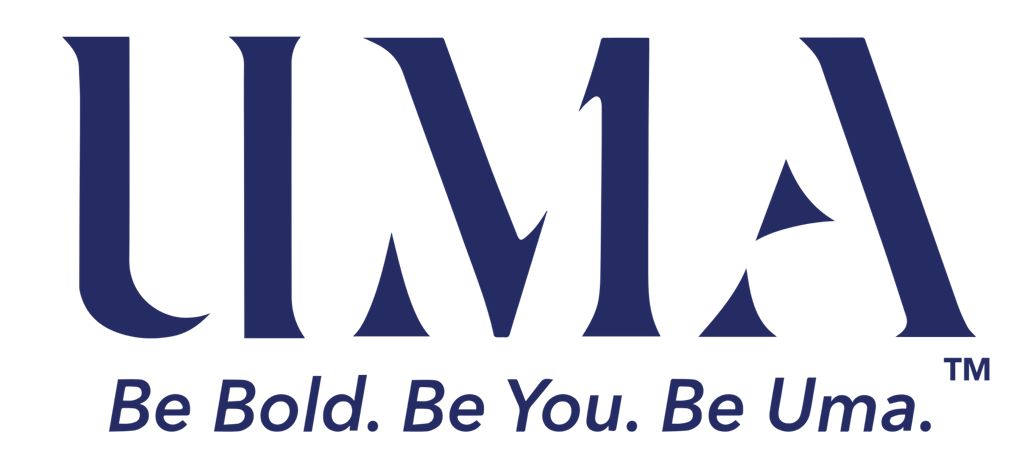With Father’s Day around the corner, it was perfect to have dads join our moms and Uma corporate partners… at our June 7 meet up, “Party With a Purpose.” We feted dads in honor of their upcoming holiday over sushi and cocktails. But we also got down to serious business, discussing the central issue that impacts our lives: living in a country that does not guarantee paid family leave—a stark contrast to many developed nations that boast rich policies. “This becomes especially apparent to those of us who work at global enterprises,” noted Saba Ahmad, Chief Operating Officer of Turning Rock Partners. “Those who work overseas are much better off in this regard, compared to American moms and dads at the same firms.” The absence of a policy and the issues that surround it place undue pressure on moms and dads and resultantly, their families.
As shared in conversations at our get-together last week, these issues are not gender specific. Our Uma research (Grown Sons of Working Moms Move the Needle on Gender Equality) tells us that young fathers who were raised by working mothers have benefited from those role models. As adults they are partners in household responsibilities and spend more time caring for family members. Although women have ostensibly borne the greater burden juggling work and family and transitioning in-and-out of the workplace to raise families—an issue Uma is successfully addressing through Uma Academy and our outreach to women in transition, research from the Pew Center tells us that dads want to spend more time with their children, too. Jeff Rosen, Managing Director of a Private Equity firm in Manhattan, made an excellent point when he said, “Although it may vary slightly by industry, many fathers I know in finance at least, prefer to suffer in silence rather than risk any potential negative consequences at work.” The concerns attendant to the absence of paid leave in the United States are not gender specific but rather a family affair.
This point was underscored through last week’s role play which is part of our usual format. We put ourselves in the shoes of Mrs. Doubtfire and Forrest Gump. The wealthier New York City-based father, Mrs. Doubtfire, suffers sleep deprivation and stress and lives with fear of job loss as compared with Forrest Gump, a father who lives in the U.K. and whose earnings are more modest. Though Forrest jointly assumes the responsibilities of a special needs child with his wife, robust paid leave and health care support via the government enable him to manage well at home and live without worry of losing his job.
So many issues are wrapped up in this topic. Only a meager 14 percent of workers get paid leave from their employers. Time off to have a baby is classified under a mom’s disability benefit. But paternity leave, if granted by U.S. corporations at all, is categorized as parental leave that most dads don’t use because of the social and corporate stigma attached to it. When allotted, moms’ time off is frequently too short, and many women cobble together vacation and sick- and personal-days to extend their leave or feel pressured to return to work too soon—well before they are physically and emotionally ready. Some resign from their jobs fearful of losing bonding time with their newborns, leaving dad to assume full financial responsibility for the family.
Ironically, the wage gap—the difference between women and men’s wages—is also tied to this issue. The 1964 Equal Pay Act helped to narrow the disparity between men and women’s wages, and the strides for women’s rights that were made in the courts in the early 1970’s put a lid on blatant discrimination. While it has narrowed, the wage gap still exists, most notably among mothers and fathers. Fatherhood results in a wage bonus; motherhood in a wage penalty, increasing the pay gap related to parenthood. Plus, the bonus/penalty discrepancy perpetuates the disparity in work/family roles of men and women.
These lessons are driven home in each of our meet ups and deepen the commitment Uma and our guests share to become catalysts for change. We need to expand the work/life options in this country to create a better world for moms, dads and their children and give families the support they need.
Additional Resources
- At a time when governments are struggling with deficits and working families are struggling to stay afloat, a Rutgers study, Pay Matters: The Positive Economic Impacts of Paid Family Leave for Families, Businesses and the Public, shows that allowing workers to take paid time off to recover from illness or care for their families saves precious government and taxpayer resources, while giving families the stability they urgently need.
- In addition to the Rutgers Study, there’s ample evidence that maternity leave is required for the family health of mother, father and baby. Check out Let’s Get Onboard with Paid Family Leave in the Chicago Tribune.
- The Case Against Maternity Leave shares a seemingly unusual perspective but one supported by the reporting of a program in Iceland granting paid family leave to moms and dads, making a strong case for legislating similar policy in the United States
- This article, The ‘Fifth Trimester:’ When New Moms Return to Work, explains the term fifth trimester as the time when new moms return to work and addresses the challenges women face.
- This John Oliver video clip features several women who share their experiences and talk about the challenges of taking time off following the birth of a baby.
- This infographic about How Much Paternity Leave Do New Dads Take? underscores men’s reticence to take leave and suggests the stigma attached to it.
- This infographic, Paid Parental Leave: U.S. vs. the World compares the United States with its lack of policies to other countries, many that offer substantial leave for moms and, in many cases, jointly to parents.

